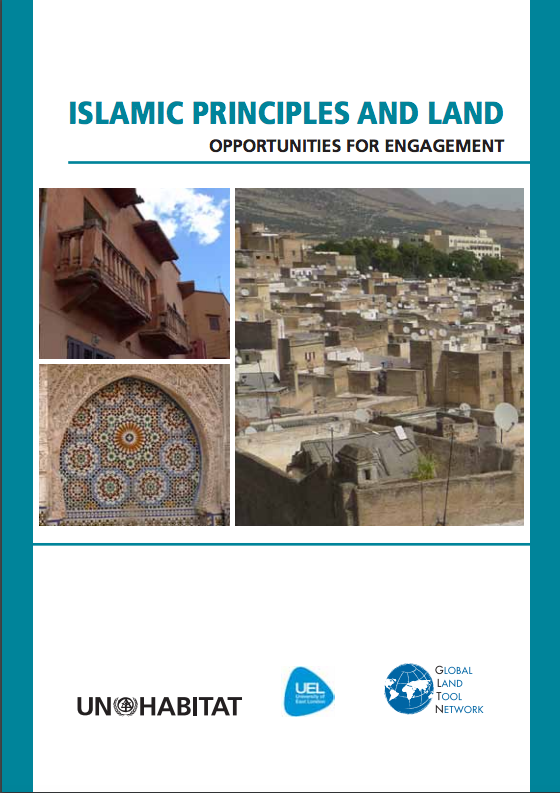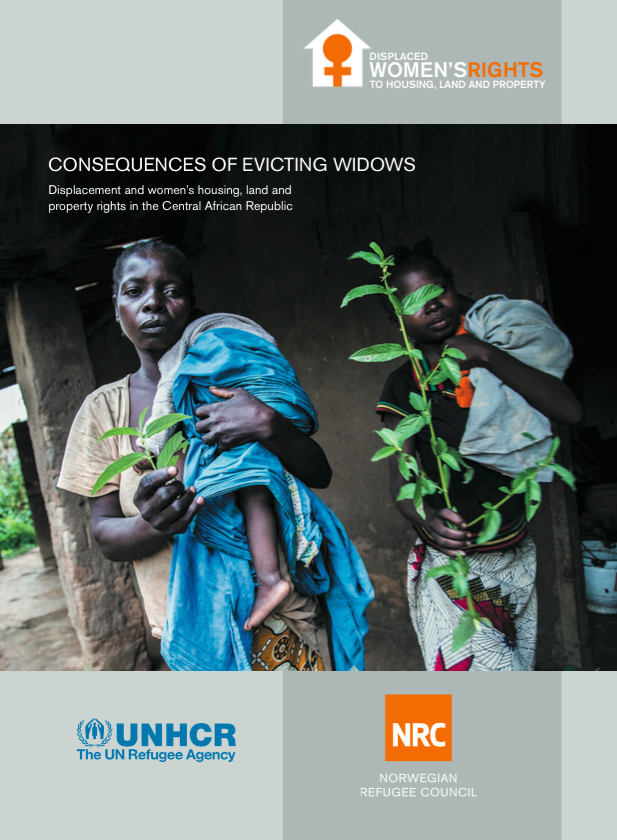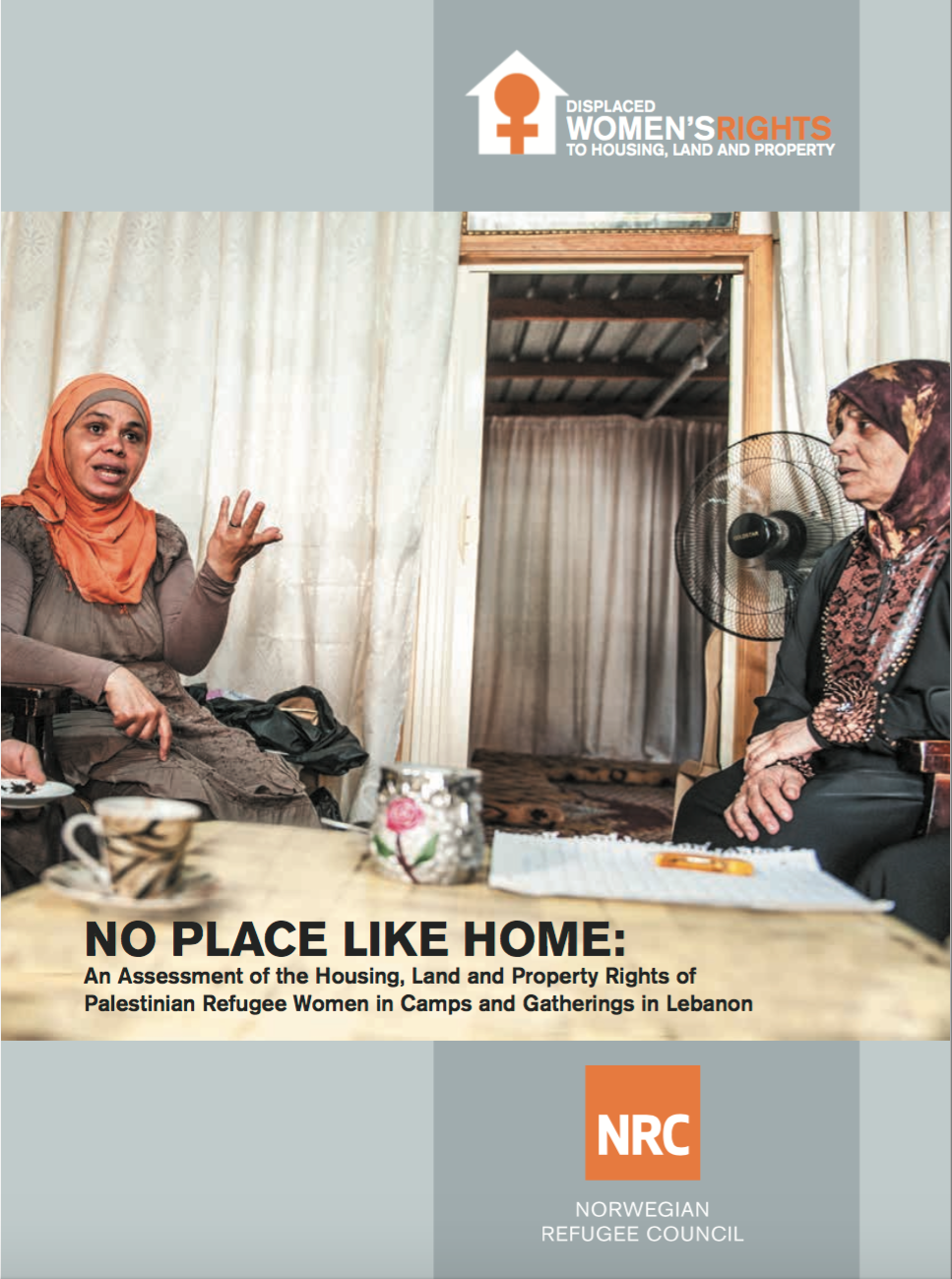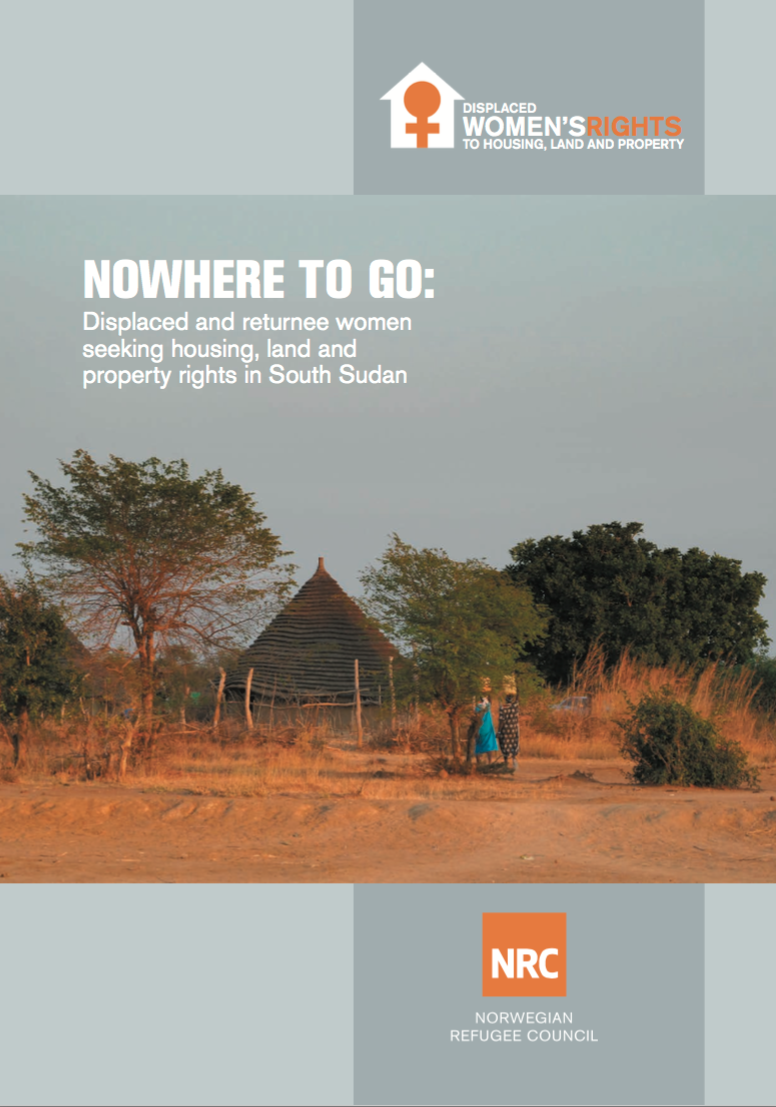Islamic Principles and Land: Opportunities for Engagement
This booklet arises from GLTN's work on Islamic dimensions of land which began in 2004 with the commissioning of research leading to Sait and Lim’s “Land, Law and Islam: Property and Human Rights in the Muslim World” (London: Zed Press/UN-Habitat, 2006). Based on this research a training course on "Islamic Land, Principles and Housing Rights in the Muslim World" has been produced in 2010.






